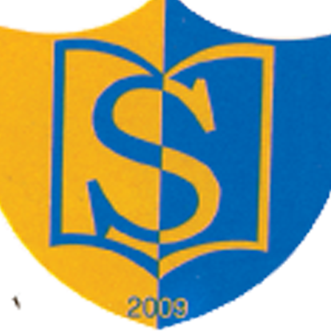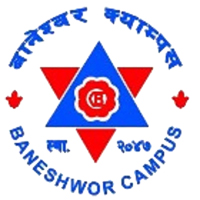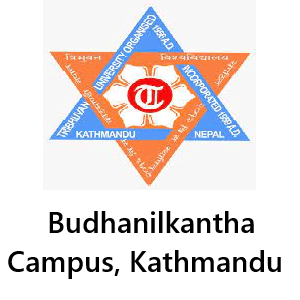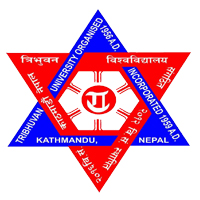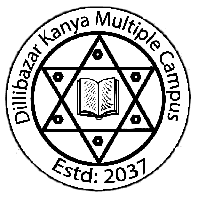Overview
Bachelor of Education (B.Ed.) at Koteshwor Multiple Campus, Jadibuti, Koteshwor, Kathmandu
Bachelor of Education (B.Ed.) at Koteshwor Multiple Campus (KMC), Jadibuti, runs under Tribhuvan University and prepares future teachers for Nepali classrooms. The program suits students who want a clear pathway into teaching through structured coursework and supervised school practice.
KMC offers subject–method options that reflect local demand and departmental capacity. Common combinations include English Education, Nepali Education, Mathematics Education, Health and Physical Education, Population Education, and ICT in Education. The degree spans four academic years and follows TU’s framework for foundation studies, specialization papers, pedagogy, and practicum.
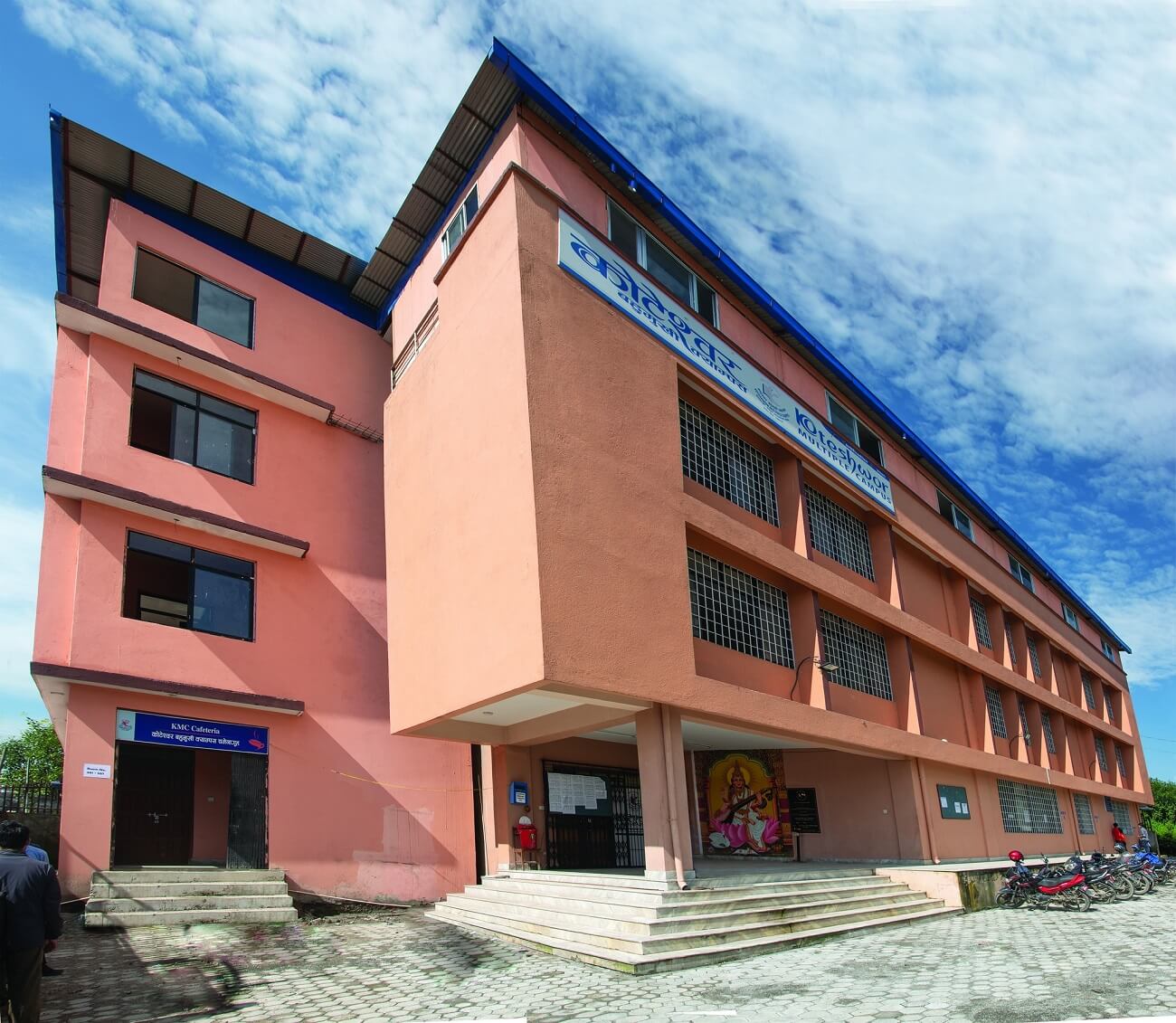
Highlights
-
TU-affiliated four-year B.Ed. with subject–method combinations.
-
Clear emphasis on lesson planning, assessment, and classroom management.
-
School observation followed by supervised teaching practice.
-
Library/e-library access, computer lab, LMS notices and submissions.
-
Merit and need-based scholarship notices posted each session.
Curriculum Details
Early semesters introduce foundations of education, learning psychology, and Nepali school policy. You study how students acquire language and number sense, how motivation changes across ages, and how schools structure the academic year. Subject methods begin with short micro-teaching sessions that help you test lesson openings, questioning strategies, and blackboard or slide routines in a safe setting.
Middle semesters deepen subject knowledge and connect it to pedagogy. English Education focuses on language skills, genre work, and classroom techniques for speaking and writing. Nepali Education builds strength in grammar, literature, and applied writing for school tasks. Mathematics Education highlights problem-solving steps, error analysis, and visual tools. Health and Physical Education covers basic physiology, safety, and activity planning. Population Education explores demographics, public health themes, and local data use. ICT in Education introduces digital tools for planning, delivery, and feedback while maintaining appropriate classroom norms.
Final semesters link planning to full lessons under supervision. You prepare unit plans, adapt materials for mixed-ability groups, and collect evidence of learning. A practicum places you in a school where you teach a set number of lessons, maintain records, and meet a mentor teacher each week. A short project or portfolio usually completes the degree: lesson plans, observation notes, assessment samples, and a reflective summary that explains how your practice changed over time.
Objectives
-
Build solid subject knowledge paired with age-appropriate teaching methods.
-
Develop lesson planning, questioning, and feedback habits that improve learning.
-
Strengthen classroom management and inclusive strategies for diverse learners.
-
Introduce fair assessment practices that match curriculum targets.
-
Prepare graduates for teacher licensing pathways and school-based roles.
Scope
B.Ed. graduates from KMC are prepared for primary and lower-secondary teaching posts, remedial instruction, and learning support roles. Schools, learning centers, NGOs, and municipal education units seek staff who can plan lessons, keep records, and communicate clearly with families. Graduates who add short credentials in special needs support, early grade reading, STEM activities, or digital teaching expand their options in both public and private schools.
Learning Outcomes
Students who complete B.Ed. at KMC should be able to:
-
Plan lessons with clear objectives, activities, and checks for understanding.
-
Use varied questions, pair work, and group tasks to keep learners engaged.
-
Create or adapt worksheets and visual aids that fit different ability levels.
-
Assess learning using quizzes, rubrics, and observation notes that are fair and transparent.
-
Manage time, space, and materials in class while maintaining a calm tone.
-
Reflect on teaching, summarize feedback, and set goals for the next cycle.
Skill Development Modules
-
Lesson planning labs: aims, sequencing, and timing.
-
Assessment toolkit: question types, rubrics, item analysis, and feedback notes.
-
Inclusive practice: differentiation, language support, and peer tutoring routines.
-
Classroom management: seating plans, routines, and conflict de-escalation.
-
Teaching aids: low-cost materials, display boards, and simple manipulatives.
-
Digital basics: slides, document sharing, and quiz forms that support learning.
-
Professional conduct: ethics, record-keeping, and parent communication.
Teaching Methodology
Faculty combine lectures with tutorials, workshops, and micro-teaching. You rehearse lesson segments in small groups and receive structured feedback using clear rubrics. School observation begins early so you can see routines and transitions in real settings. The practicum then places you in a partner school. A mentor and a supervisor observe lessons, discuss strengths and gaps, and sign off after improvements are shown. The library supports reading on pedagogy and subject content. The LMS carries notices, reading packs, and submission windows.
Admission Requirements
Applicants must meet Tribhuvan University’s eligibility for B.Ed. entry after 10+2 or equivalent. A complete file normally includes academic transcripts, character certificate, photos, and a copy of citizenship or valid ID. Migration papers may be requested for students from non-TU boards. Seat availability, application windows, and any screening steps appear in campus notices each year. Prospective students should also review scholarship deadlines and required documents early.
Career Opportunities
-
Subject teacher at primary or lower-secondary level, based on school placement rules.
-
Remedial and tutoring roles for literacy, numeracy, or exam support.
-
Learning support assistant or resource teacher in inclusive settings.
-
Activity coordinator for sports, clubs, or reading circles.
-
Education officer or facilitator in NGOs and local projects.
-
Pathway to M.Ed. or other postgraduate study for academic growth.
Employers value a clean portfolio: three complete lesson plans, one unit plan, two graded worksheets with rubrics, and a short reflection on classroom management. Strong references from the practicum mentor help during interviews.
Scholarships and Financial Aid
KMC publishes merit lists and need-based support each session. Tuition waivers may apply to high academic performers and to students with verified financial need. Keep photocopies of mark sheets, ID, and any supporting documents ready before deadlines. Practicum-related travel or materials are discussed in departmental briefings when relevant.
Why Choose This Course?
B.Ed. at KMC links theory to practice from the first year. You start small with micro-teaching, move to observation, and then teach under supervision. The program builds steady habits—clear planning, fair assessment, and calm classroom conduct—that schools expect. The location in Jadibuti helps students balance study, part-time work, and family responsibilities while staying connected to Kathmandu’s schools.
Conclusion
B.Ed. at Koteshwor Multiple Campus gives you the structure and practice time needed to grow into a reliable teacher. Short, regular tasks—plans, checklists, and lesson reflections—turn into a portfolio that shows your progress. Graduates leave with skills that serve learners well and open doors to school appointments and further study.
FAQ
Who awards the degree?
Tribhuvan University.
How long is the program?
Four academic years under the TU framework.
Is teaching practice mandatory?
Yes. Observation and supervised teaching are core requirements, with hours set by the department.
Which subject–method options are offered?
Common options include English, Nepali, Mathematics, Health and Physical Education, Population Education, and ICT in Education. Availability depends on department scheduling each session.
What documents are needed for application?
Academic transcripts, character certificate, photos, and a copy of citizenship or valid ID. Migration papers may be required for non-TU boards.
What helps during job search?
A tidy portfolio, clear references from your mentor, and comfort with simple digital tools for planning and assessment.



